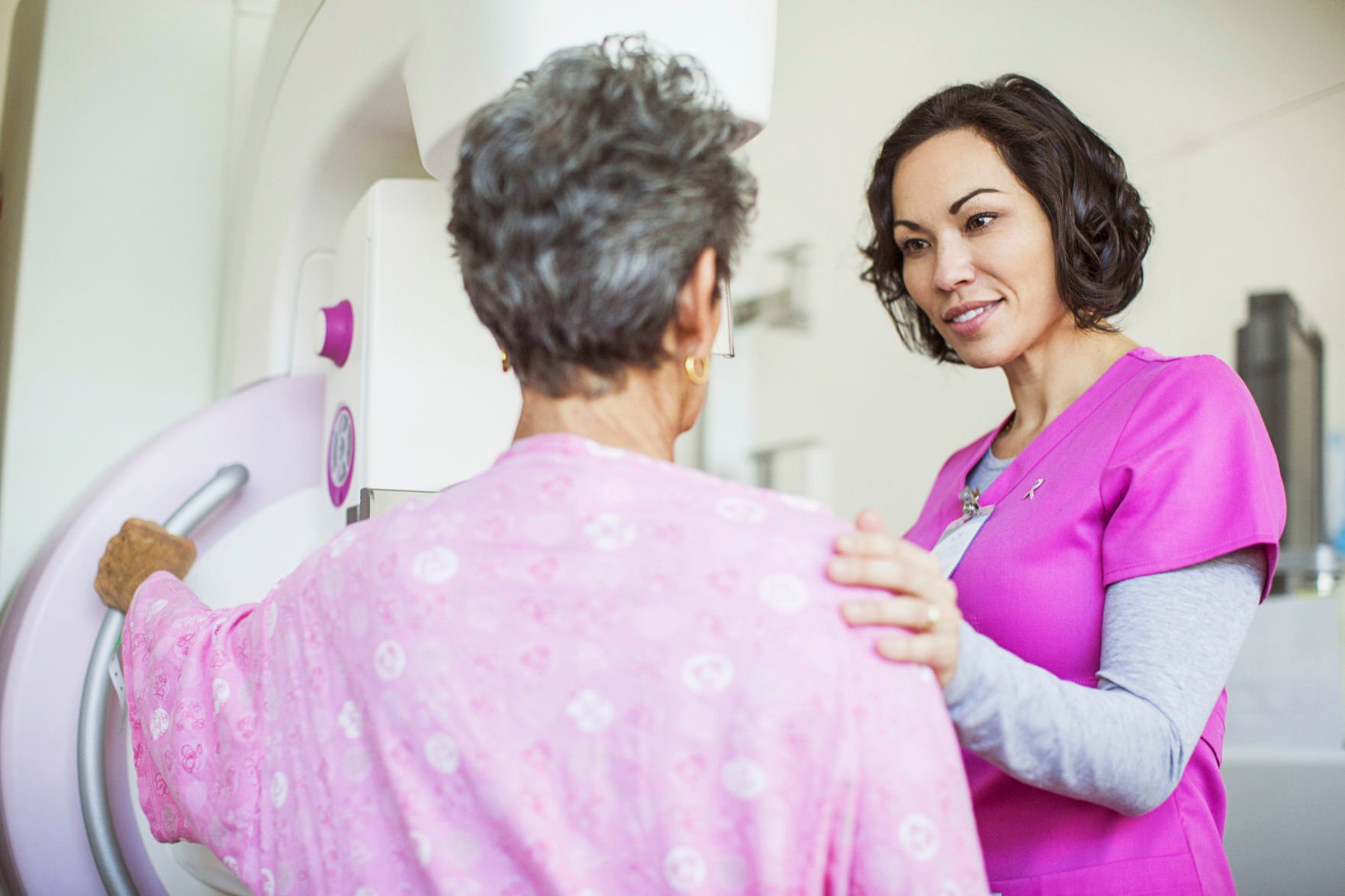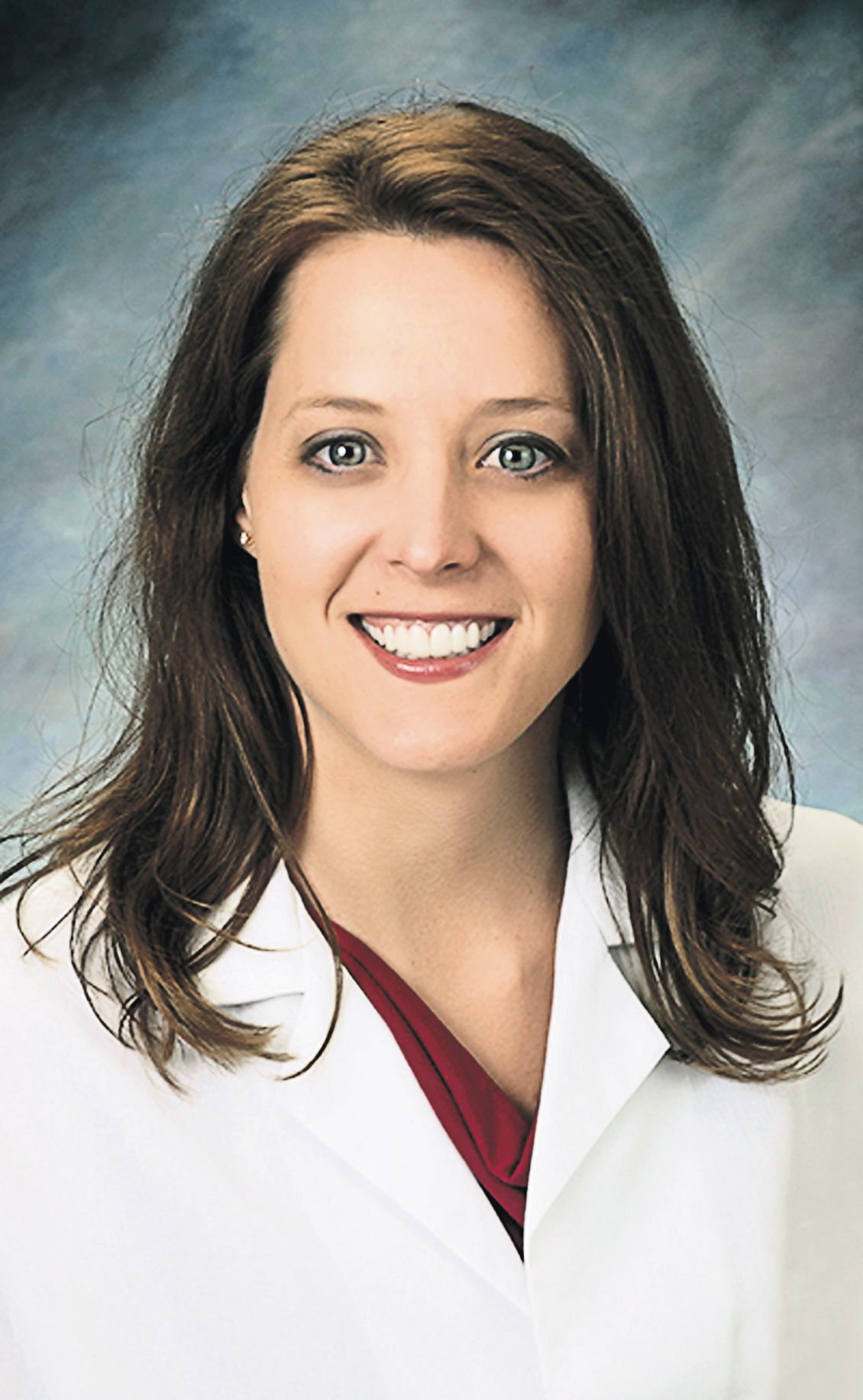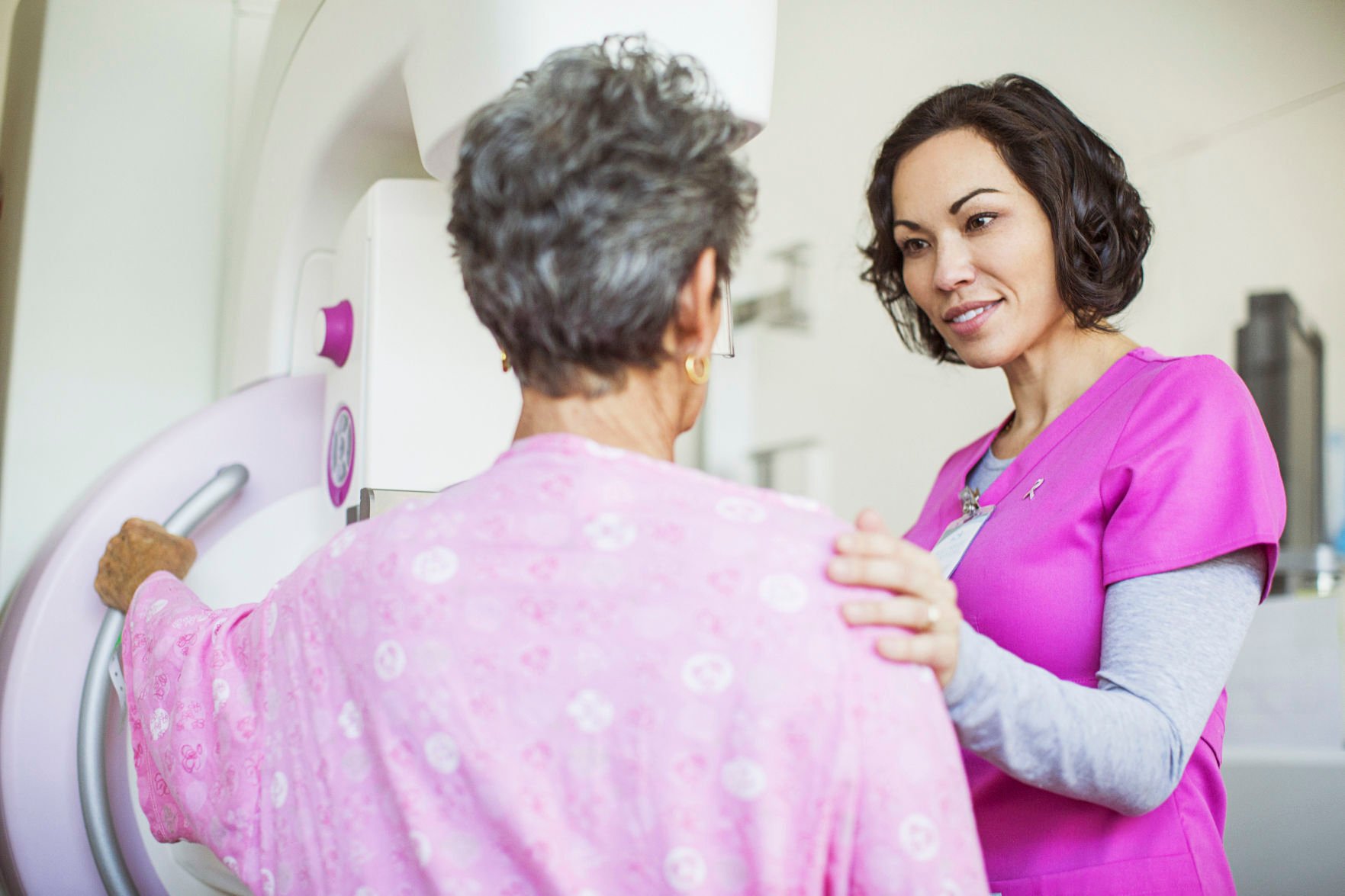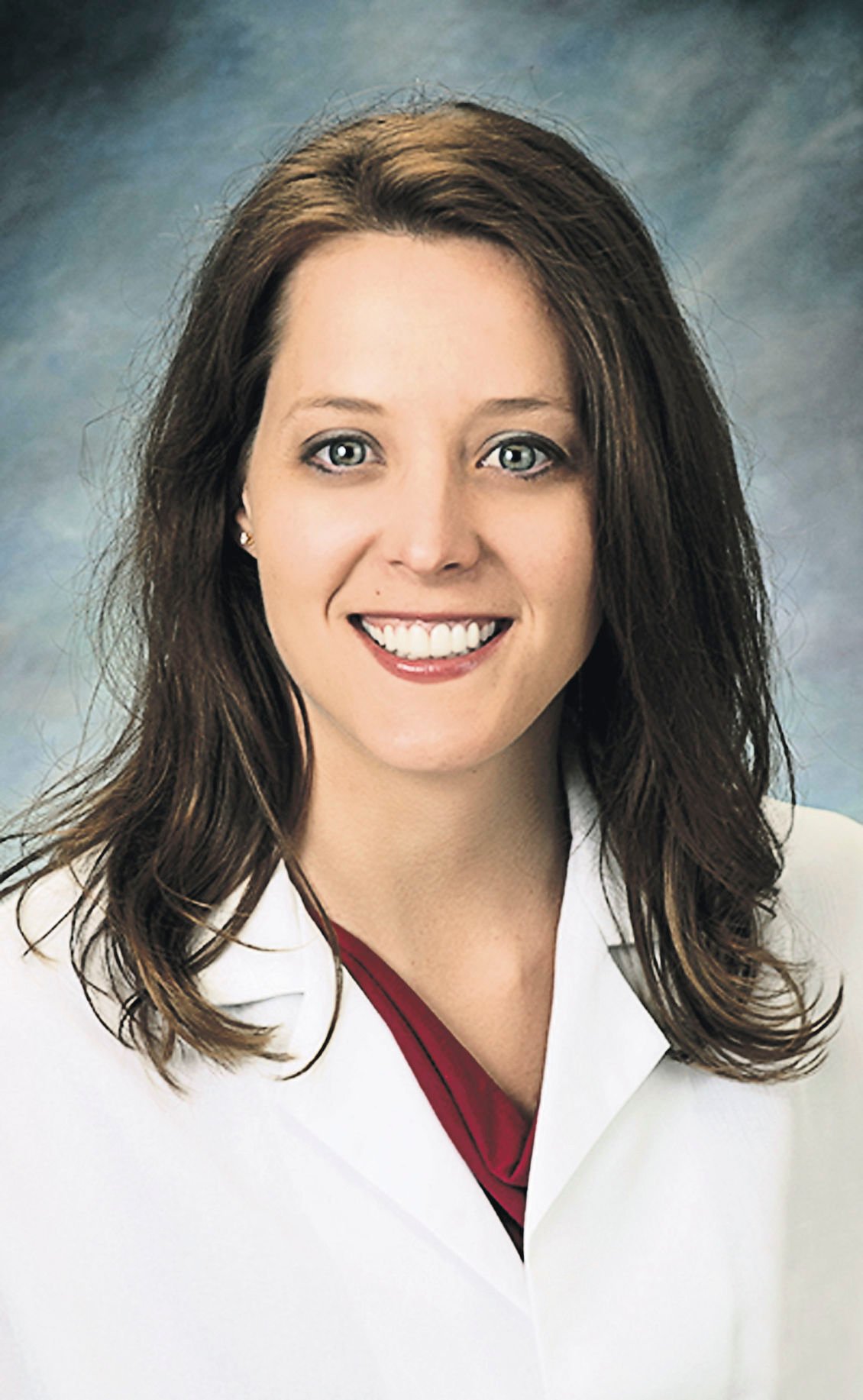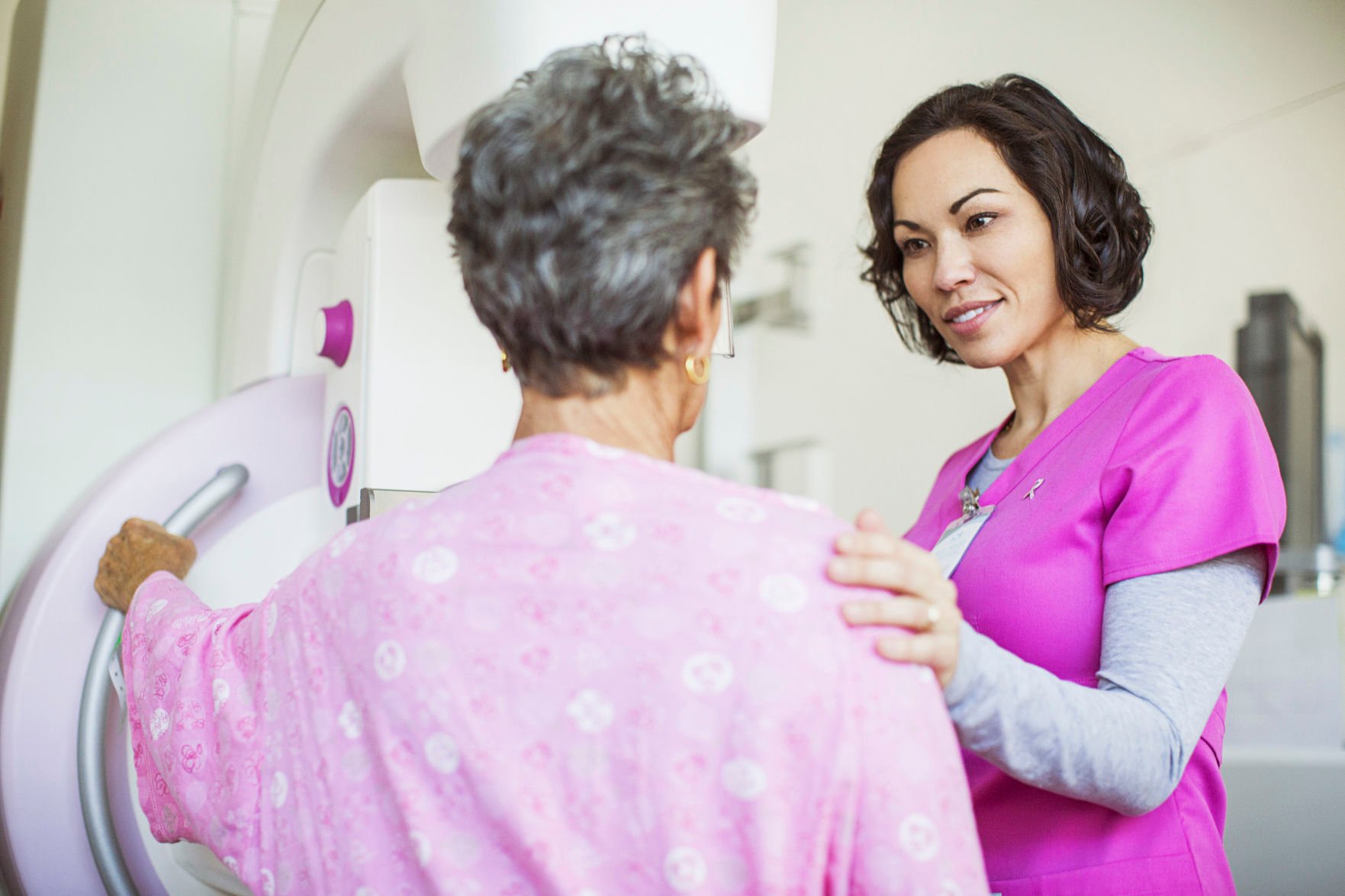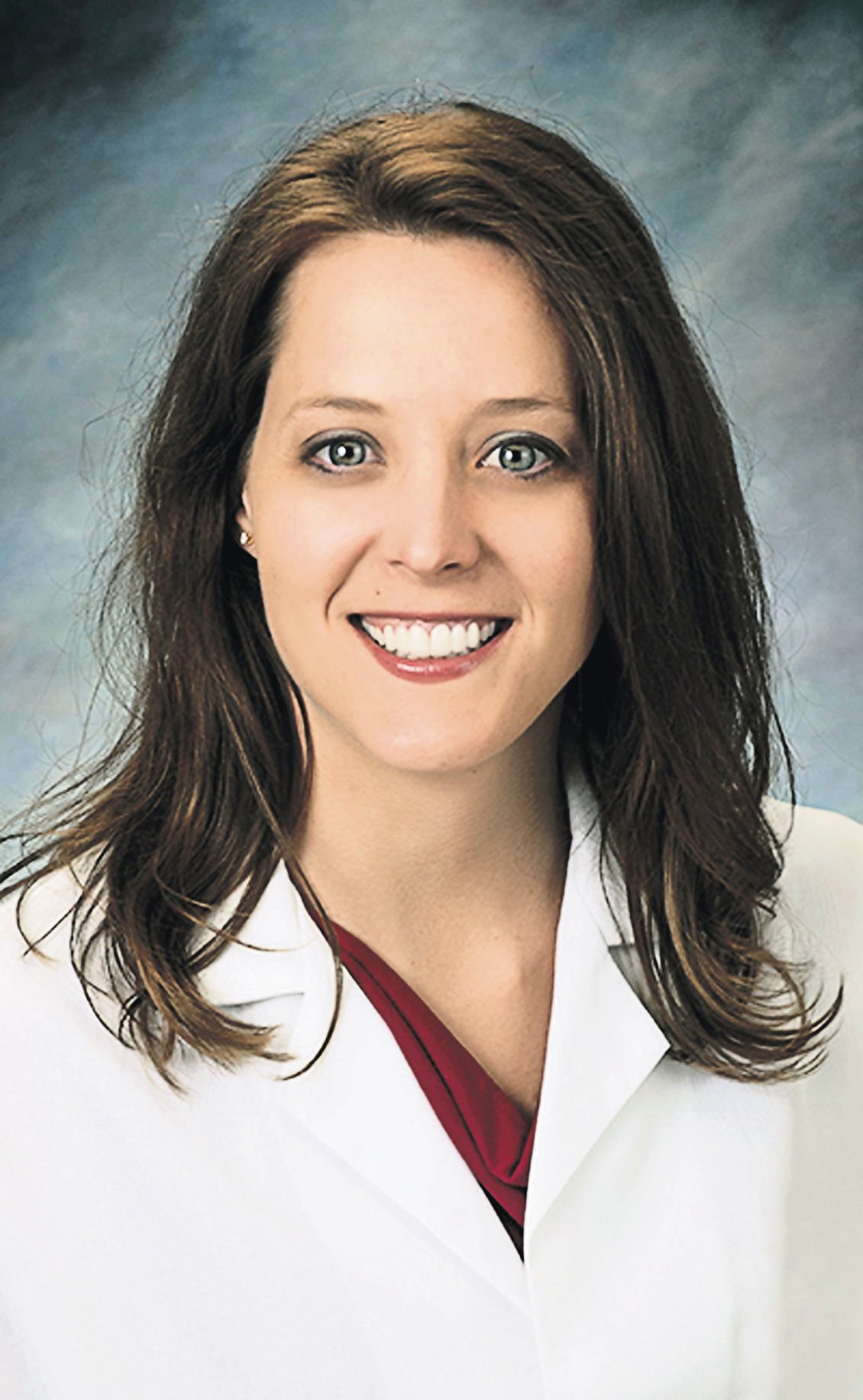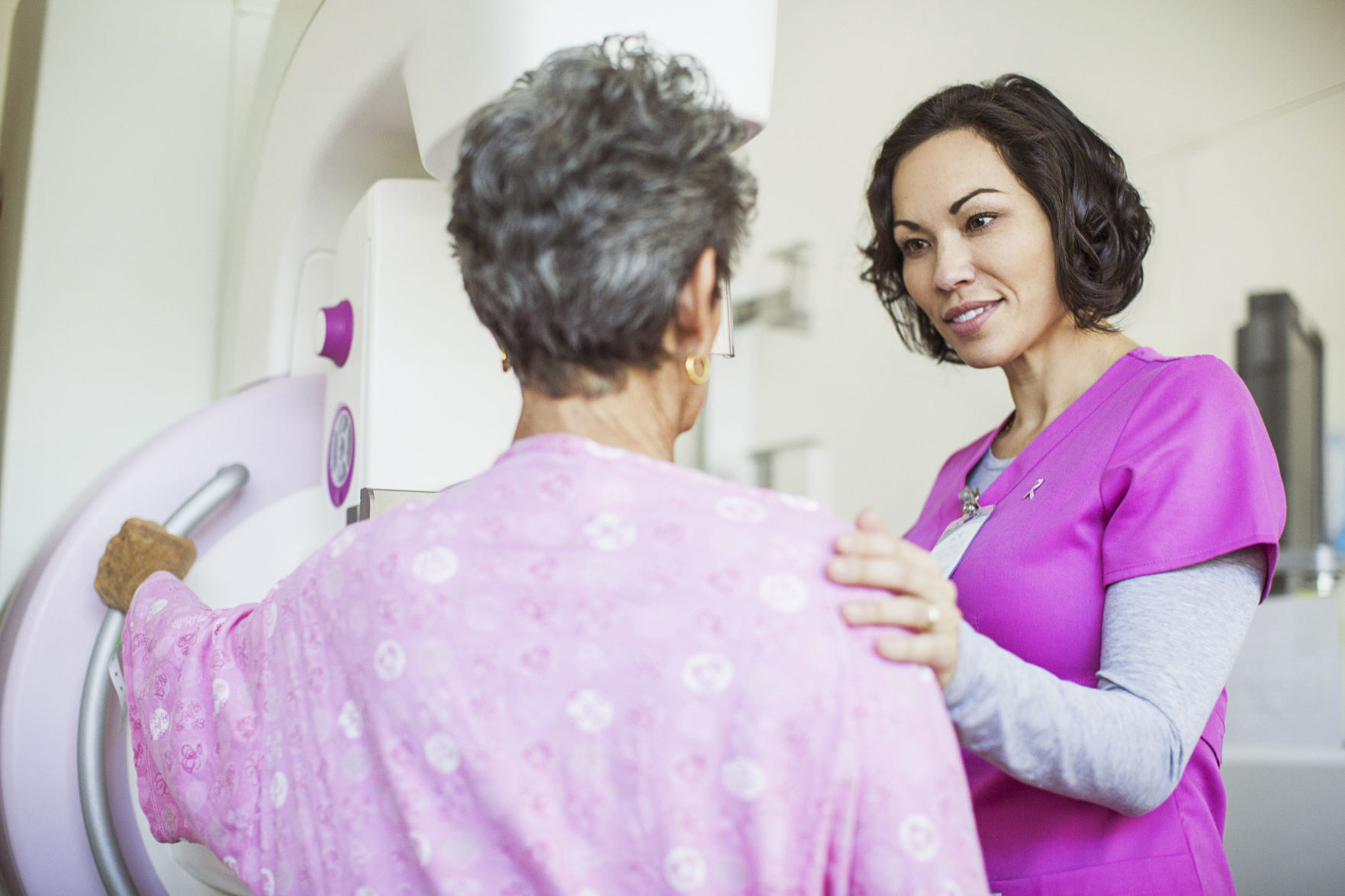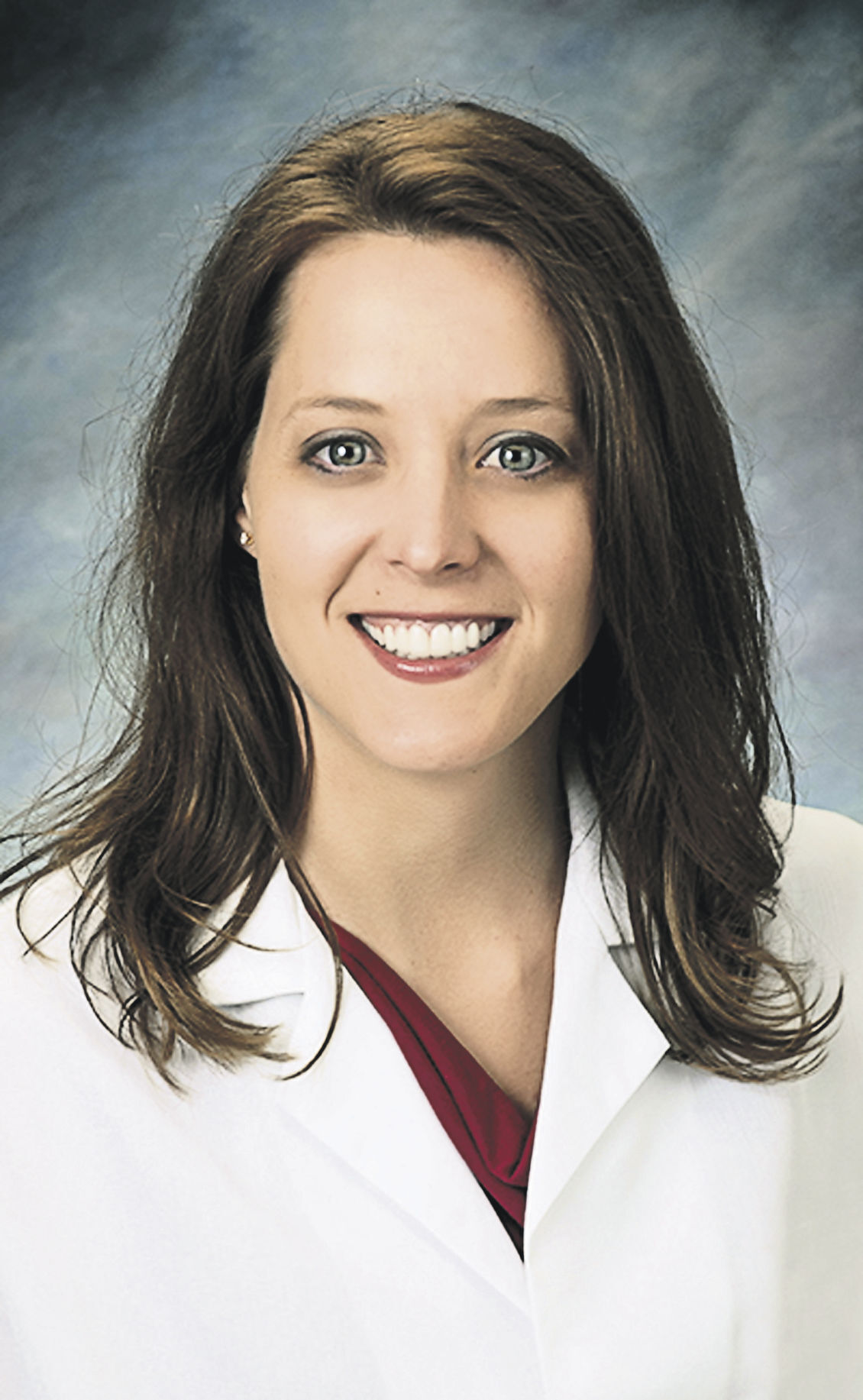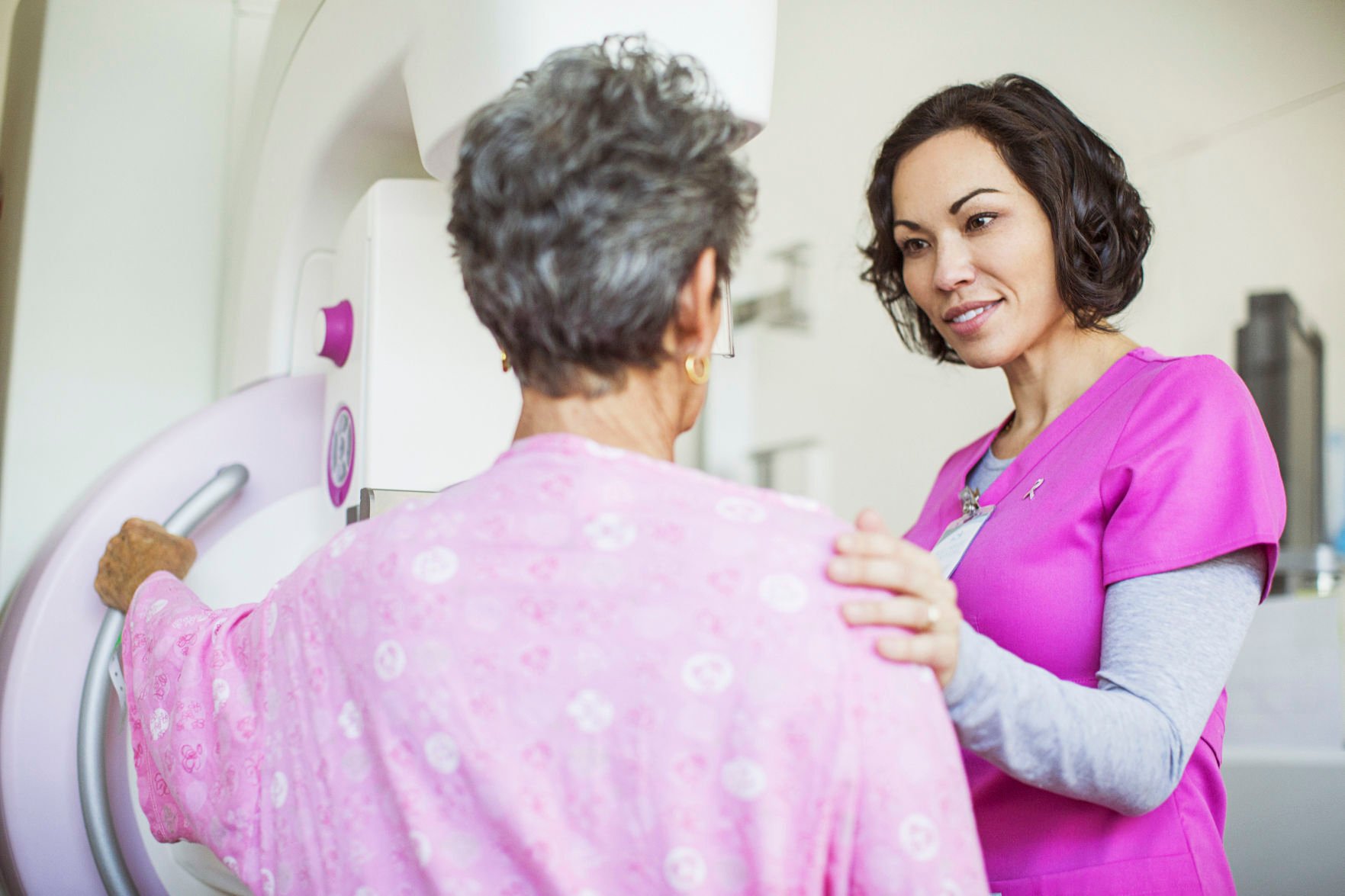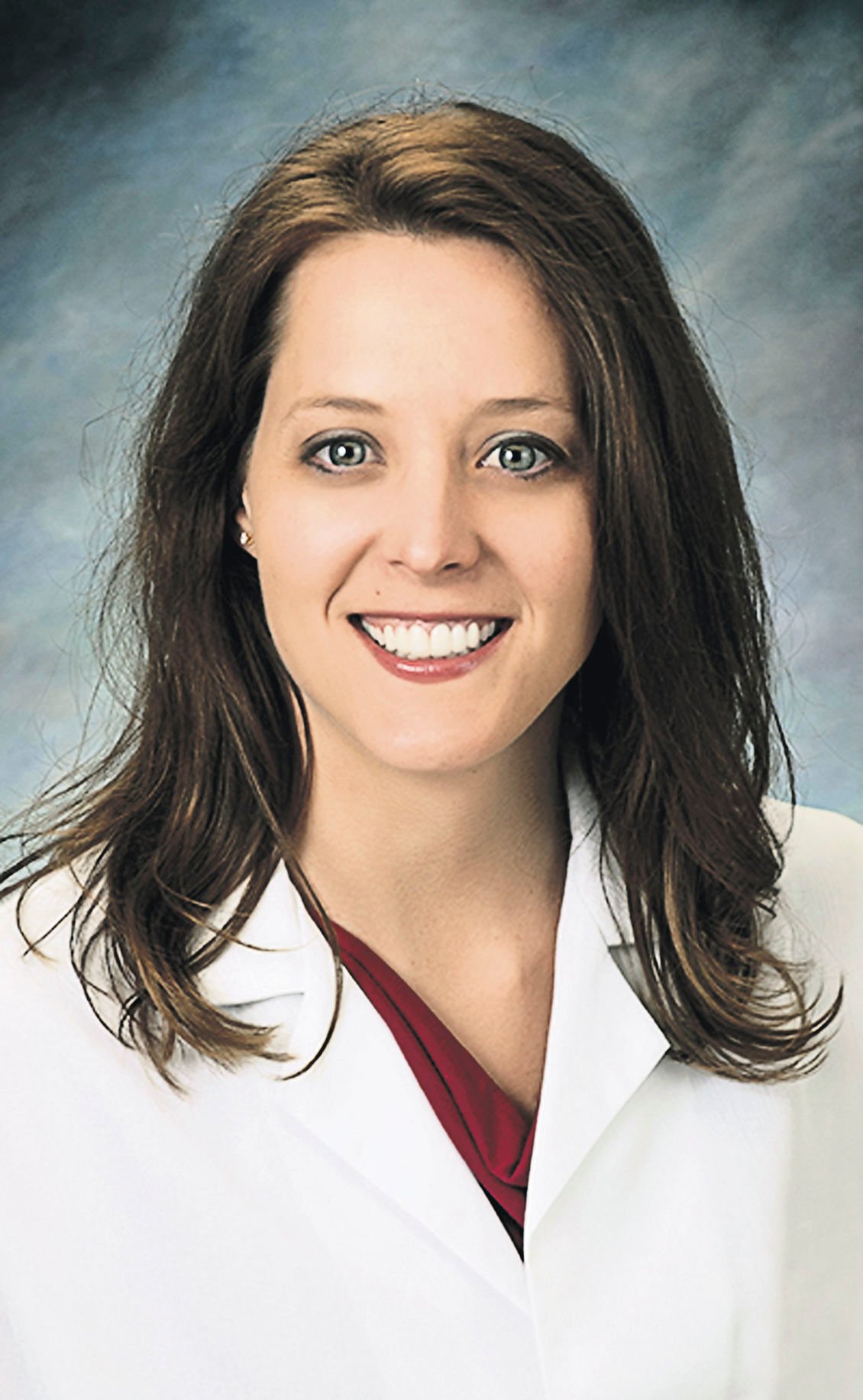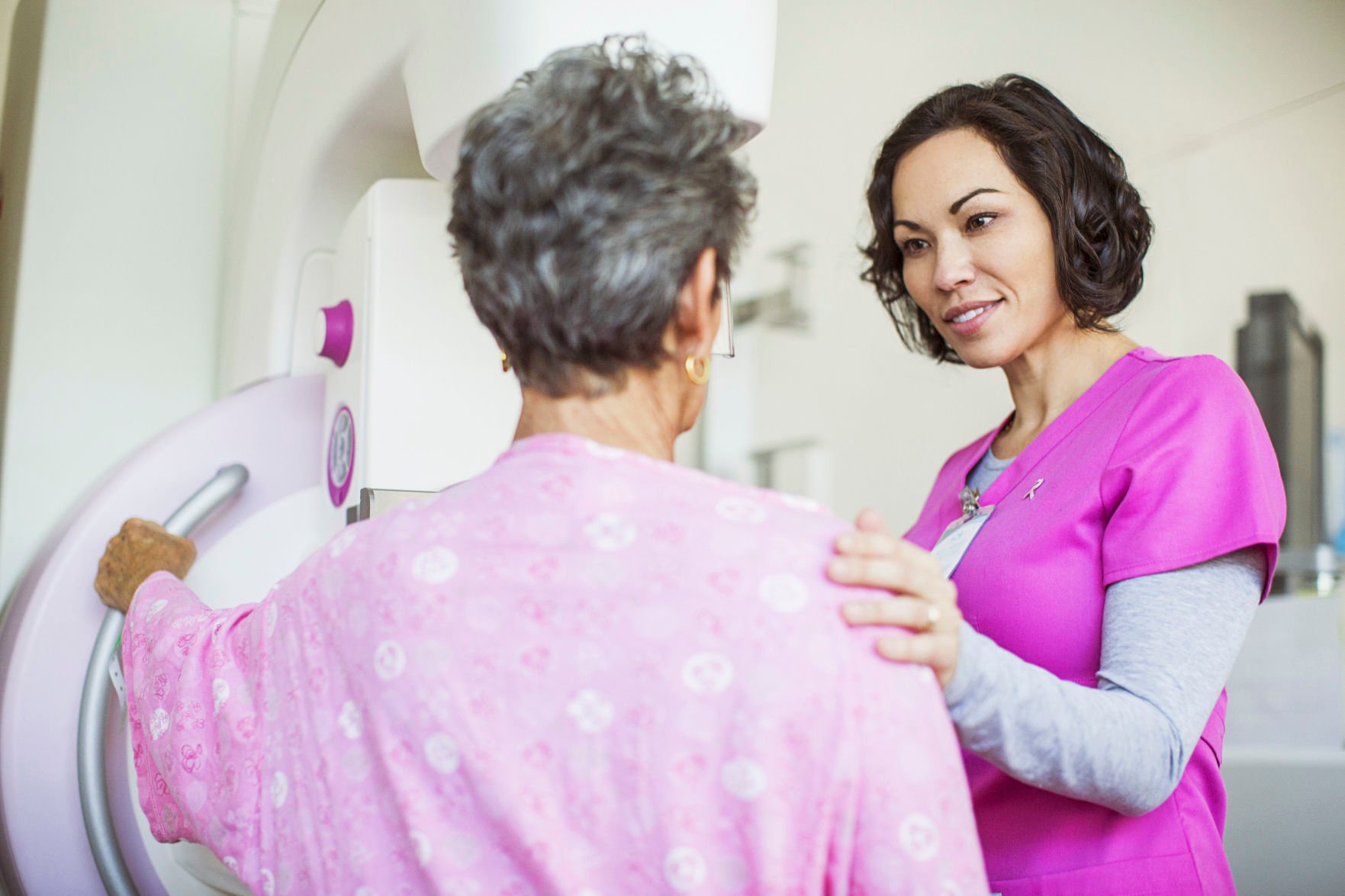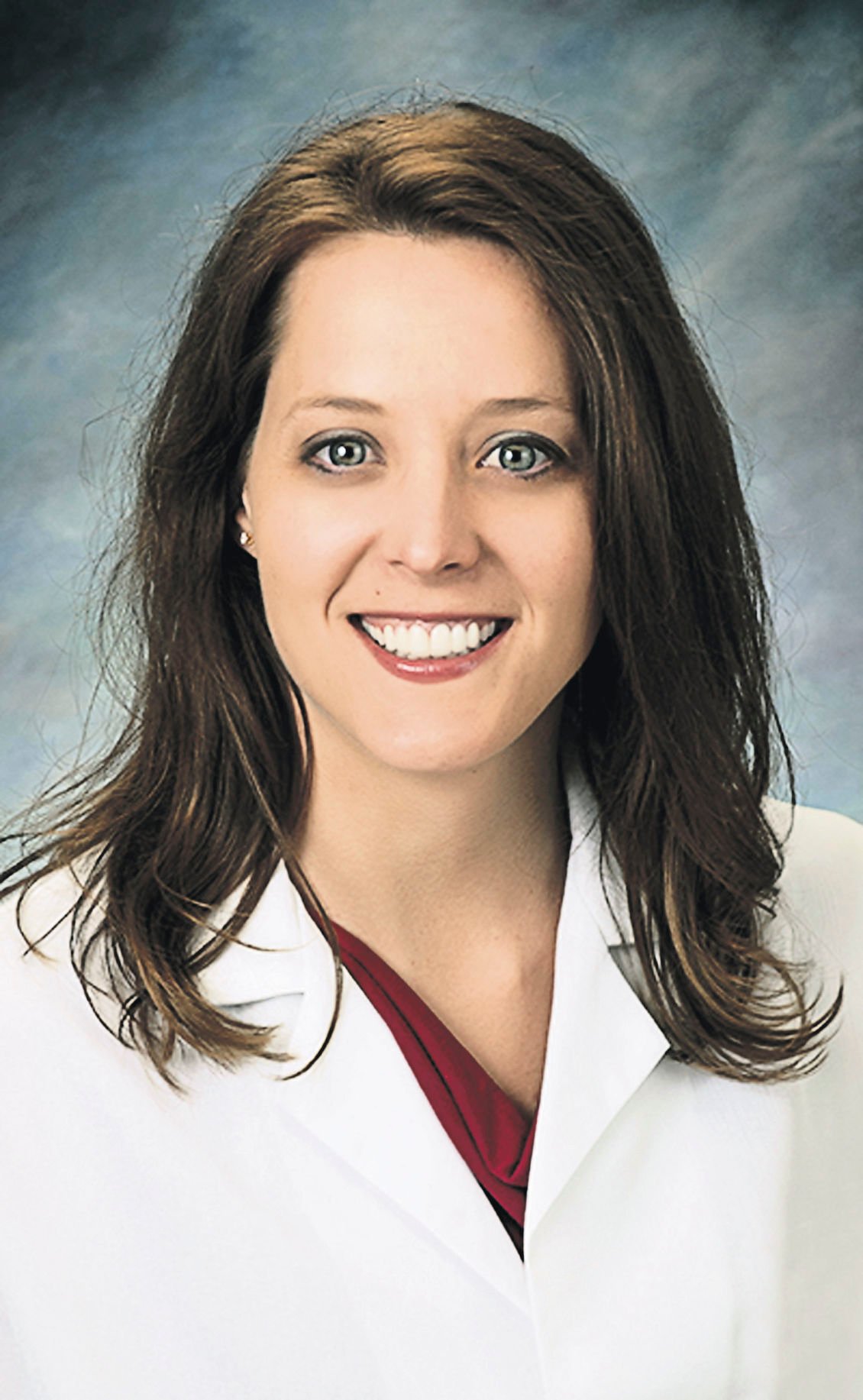For breast, cervical and colon cancer, screening tests every few years can help doctors catch the diseases early and improve outcomes.
But when the COVID-19 pandemic struck in spring 2020, many people skipped or delayed their cancer screenings.
The U.S. Centers for Disease Control and Prevention’s National Breast and Cervical Cancer Early Detection Program provides low-income women with access to screenings. According to a journal article published in October, there was a sharp drop in testing volume through the program during January through June 2020.
Tests declined by 87% for breast cancer and 84% for cervical cancer in April 2020 compared to previous five-year averages for the month.
Locally, the early detection program is administered by Iowa Care for Yourself, the Illinois Breast and Cervical Cancer Program and the Wisconsin Well Woman Program.
Local programs saw the drop in cancer screenings immediately. Though screening numbers have since recovered, it is still unclear what the long-term impacts of screening delays might have on cancer outcomes.
Cathy Tieskoetter, who coordinates the Iowa Care for Yourself program in five northeast Iowa counties, including Dubuque, Delaware and Clayton counties, said that when the pandemic began, providers stopped offering preventative screenings and women were hesitant to come in for regular appointments.
“We did see a marked decrease,” Tieskoetter said.
Tieskoetter said numbers are back to normal now, and the program always hopes to serve more people. Since the program’s fiscal year began in July, it has filled 53 of the 160 available slots for the year.
“I do think we’ve gotten over the hump,” Tieskoetter said.
Jennifer Froh, who coordinates the Wisconsin Well Woman Program in ten southwestern Wisconsin counties, painted a similar picture.
“We’re really back into getting women re-enrolled,” Froh said.
In Grant County last year, the program connected 25 women with screenings.
“We are always looking for more women,” Froh said. “We try to do as much outreach as we can in the communities.”
The study notes that impacts of screening delays during the pandemic could include later diagnoses and more deaths from breast and cervical cancer, particularly for low-income women who already see a disparity in outcomes.
Dr. Jill Powers, an internal medicine specialist at Grand River Medical Group, said it may be too early to tell what the impact of canceled screenings might be. The clinic stopped offering screenings in the first months of the pandemic, Powers said, and when appointments resumed, some people delayed rescheduling or opted to reschedule for a year later.
An early diagnosis can lead to more effective treatments and improved outcomes. Pap tests, mammograms and colorectal screenings can help doctors catch certain types of cancers ahead of time.
“It’s important to catch cancers early,” Powers said.
Many insurance plans account for regular check-ups and recommended cancer screenings. The national breast and cervical cancer program helps fill in the gaps for those who are uninsured or underinsured. Women ages 35 to 64 are eligible.
Many local programs also serve those who don’t meet the guidelines by connecting them with other resources.
Tieskoetter can be reached through the Visiting Nurse Association at 563-556-6200. Information for services in other Iowa counties is available at idph.iowa.gov/cfy.
The coordinator for several Illinois counties, including Jo Daviess County, can be reached at 815-599-8420. Those interested in the program in southwest Wisconsin can contact Froh at 608-847-9455.
Olivia Garrett writes for the Telegraph Herald.

